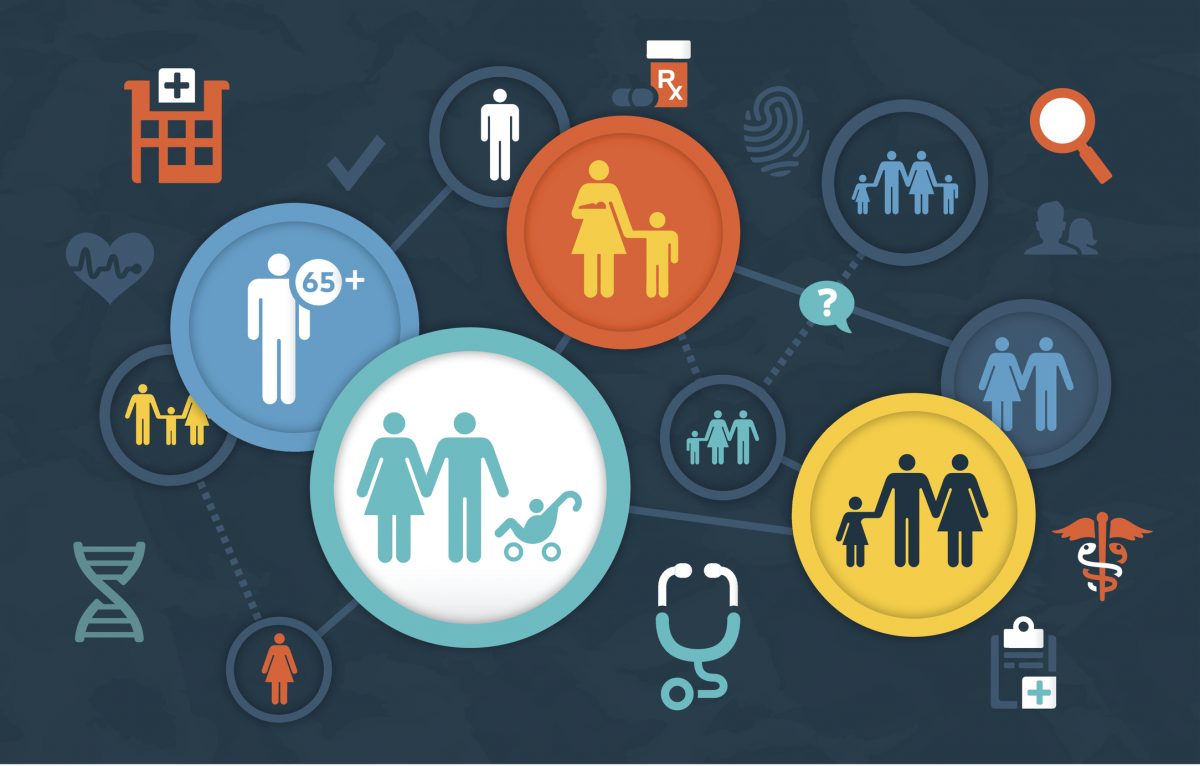Family history can tell you a lot about how to stay healthy. Doctors have long known that certain diseases run in families, but now medical research is connecting the dots between genes and diseases to provide a foundation for better health care.
What scientists have learned is that a person’s genetic makeup may increase the risk for many adult-onset diseases like Parkinson’s, Alzheimer’s, diabetes, heart disease and even cancer; but DNA is not destiny. That’s because most diseases are not triggered by a single gene but by complex interactions between multiple genes, environmental factors and lifestyle.
That’s good news for those who have been dealt a more challenging genetic hand.
We may be able to suppress bad genes or activate good ones if we practice healthy habits.
For instance, if someone’s medical history shows that several close relatives died of heart disease, a doctor might recommend more frequent screenings or advise more exercise and other preventive actions.
Gathering your medical history
The easiest way to determine how your genetic inheritance could impact your health is to assemble a family medical history and discuss it with your doctor.
A family medical history should include information for three generations, if possible. Start with immediate family: yourself, parents, siblings, and children. Next, branch out to add grandparents and aunts and uncles.
1. For each family member, list:
- Sex
- Birth date
- Ethnicity or nationality
- Health habits (smoking, weight, exercise, etc.)
- If deceased, age and cause of death
2. Note family members’ health conditions, especially those with known genetic links, including:
- Cancer
- Heart disease
- Diabetes
- Stroke
- Dementia
- Arthritis
- Asthma
- Vision or hearing loss
- Miscarriage or infertility
- Mental illness
- Substance abuse
- Birth defects
Once you have assembled your health history, create a family tree to share with your doctor and other family members.
Resources
You can also compile your medical history online, with My Family Health Portrait. This web-based tool developed by the U.S. Surgeon General’s office helps you record information securely, as well as print or share it electronically with family members and healthcare providers.
Even if you don’t use the online tool, consider downloading the site’s Before You Start guide. Available in English and Spanish, it provides sample questions and advice on how to talk to relatives about sensitive health issues.
In the future, family medical histories might also include DNA data as genetic testing becomes more common. Today a family medical history is the best tool we have when it comes to helping prevent health-related issues now and in the future.
Tips:
- Keep it current
Family history is always changing, so it’s important to update your records with births, deaths, and information about relatives’ illnesses. Remember, this information may help both you and your family members. Set a time to update your records once each year. Consider it your health legacy. - What if I am adopted?
Finding family health information may be challenging if you are adopted, but some adoption agencies do collect medical information on birth parents. Contact your local health and social service agency or the National Adoption Information Clearinghouse for help.
Get more information about specific health terms, topics and conditions to better manage your health on bcbst.com. BlueCross BlueShield of Tennessee members can access wellness-related discounts on fitness products, gym memberships, healthy eating and more through Blue365®. BCBST members can also find tools and resources to help improve health and well-being by logging into BlueAccess and going to the Managing Your Health tab.



WellTuned provides inspiration and practical advice for healthy living.
WellTuned does not offer medical advice. Any personal health questions should be addressed to your doctor.